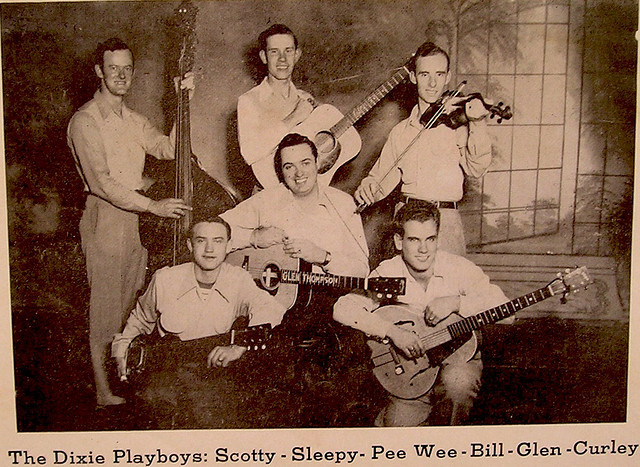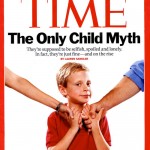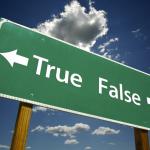Last week, I was blessed with the opportunity to attend the last show of the Los Angeles debut and national tour launch of “Next to Normal”, a Pulitzer Prize and Tony Award-winning musical written by Tom Kitt and Brian Yorkey. SPOILER ALERT: Seriously, if you are planning to catch the show on tour, I would suggest not reading further. There is a powerful reveal roughly 30 minutes into the show, which I am about to discuss.
The play explores the grief of a mother over the death of her young son years before, her mental illness triggered by the trauma, and the resulting effects on her family. The opening number shows us a family of four, dysfunctioinal, but nothing too out of the ordinary. Then we begin to see that the mother, Diana, played to Tony-award-winning excellence by Alice Ripley who originated the role and has reprised it for the tour, has beyond-normal mental instability, and that her daughter and husband have formed their own defensive dysfunctions to deal with their pain. We see Diana as being close to her son, and their interactions seems normal…until she brings out a birthday cake and Natalie, the daughter, tells her new boyfriend that the cake is for her brother, who died years before. Diana is delusional, and does not realize her son is dead. By bringing us, the audience, into Diana’s delusion, the writers made a brilliant choice, enabling us to stay with and relate to Diana, even when she continues to alienate and hurt those around her.
She goes through several different paths of treatment, some quite drastic, and nothing works completely. Finally, near the end, another possibility occurs to Diana. She sings these words in a song from Act II called “The Break”:
“What happens if the medicine wasn’t really in control? What happens if the cut, the burn, the break was never in my brain, or in my blood, but in my soul?”
How beautiful and sad this was to me, and how true. Throughout the play, people in her life are trying to heal her mind, and no one seems to think that maybe the main problem lies elsewhere. Certainly, Diana needs some kind of mental treatment for her delusions and bi-polar disorder, but it’s a lesson we can all take- to remember that to neglect the care of our souls is to do so at great peril, to ourselves and those we love.















